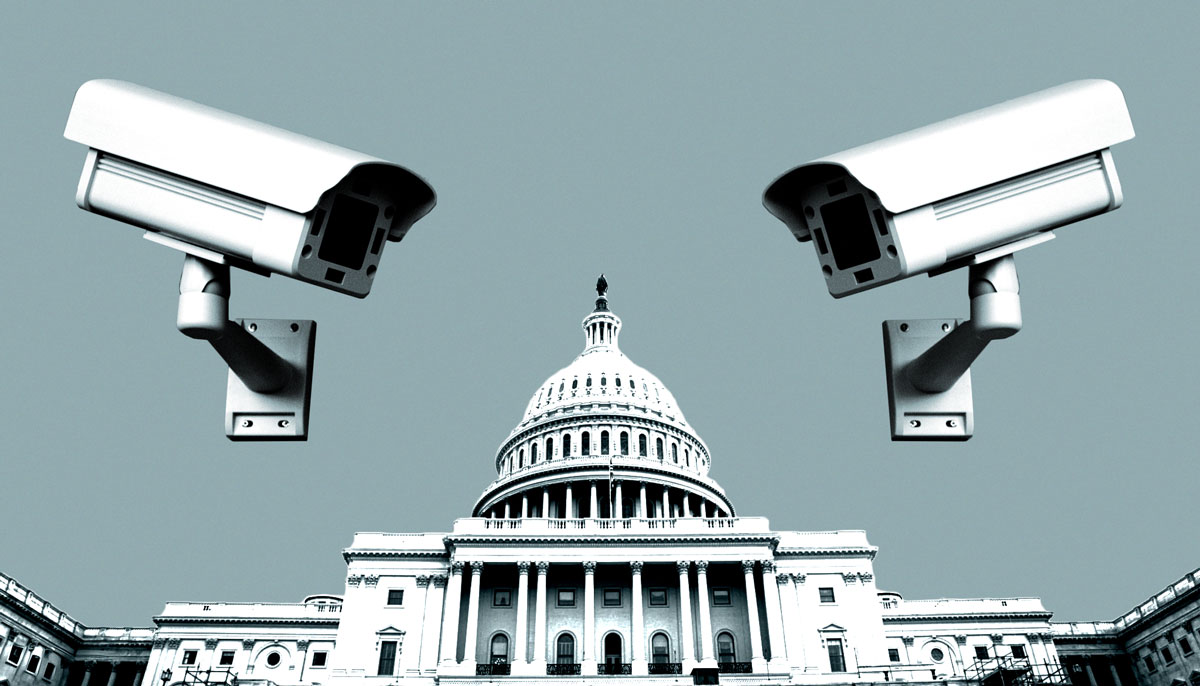Americans and the right to vote: Why it's not easy for everyone to cast a ballot
Amid the coronavirus and protests against racial injustice, CBSN is launching a new series focused on voting rights, safety, and access. This is the first in the series, which will include in-depth reporting and conversations.
In the lead-up to November, you'll hear a familiar refrain from politicians and on the airwaves: "Want to make a difference and effect change? Vote."
It seems like an easy course of action, and it should be. But voting isn't easy for everyone. There are regulations in place that make it more difficult for some people. And that's no accident.
"The vote is the heart of American democracy. We all believe that passionately, but it's also been a big fight over the centuries about how we vote, who votes, and very often people trying to make it harder for other people to vote," says Michael Waldman, president of the nonpartisan Brennan Center for Justice.
"Barriers are put in the way and they're often subtle," says Waldman. "They can look kind of bureaucratic and complex, but in fact they have the same kind of impact, unfair impact, on Black voters and Latino voters of some of the laws from the past. Voter suppression is not just something from long ago newsreels. It happens today. It happens now."
Many key restrictions have been implemented over the past decade, and involve voter ID laws, cutting back on early voting, eliminating same-day registration and redistricting.
"We may no longer have to guess the number of jelly beans in a jar in order to cast a ballot. but even as we sit here, there are those in power are doing their darnedest to discourage people from voting," former President Obama said in a eulogy for John Lewis, whose activism led to the Voting Rights Act of 1965.
That monumental law banned literacy tests and other discriminatory barriers to voting. It contained a provision mandating that states and localities with a history of such discrimination seek federal approval to change their voting laws. But in 2013, the Supreme Court struck down that part of the law, arguing it was based on old data.
"What that means practically is there is nothing that stops a state from passing a new law and evaluating first whether or not it's discriminatory, and any effort to stop it has to be after the fact," says Deuel Ross, Senior Counsel at the NAACP Legal Defense Fund. "It's much easier for states to pass discriminatory voting laws," he suggests, because states no longer need the federal government's consent. Such laws can only then be challenged in court.
One of those laws centers on voter ID measures. Thirty-five states currently request or require voters to present some form of identification in order to cast their ballot, and several key battleground states have strict enforcement. Groups like the American Bar Association have voiced concern that laws requiring a government-issued ID make it more difficult for minorities to vote, noting that "individuals who lack government-issued identification are more likely to be younger, less educated, and impoverished, and—most notably—nonwhite."
Experts say the pandemic threatens further disenfranchisement. The CARES Act passed in the spring allocated about $400 million to conduct safe elections, but election officials have sounded the alarm that this is not enough. They anticipate a shortage of poll worker because many of those filling this role tend to be senior citizens, and they are especially vulnerable to COVID-19. Fewer poll workers in November would likely lead to fewer polling locations and therefore, longer lines.
Many states have expanded the option of mail-in voting during the pandemic. Thirty-four states and the District of Columbia do not require an excuse to vote absentee. Last week, Kentucky announced a bipartisan deal to allow voters concerned about the pandemic to vote absentee.
But additional barriers exist. Nine states require voters to produce witness signatures or have their ballot signed by a public notary.
Most states require absentee ballots to be returned by Election Day, so threats to Postal Service funding could end up suppressing votes. A bipartisan group of senators has asked for $25 billion in additional funds for the USPS. President Trump has railed against mail-in voting and said he wants to hold up funding in exchange for other provisions.
Last week, the Postal Service warned 41 states and D.C. that some ballots sent by mail may not arrive in time to be counted. Late arrival is a top reason for ballot rejection and could become a source of litigation in a close election.
Election officials encourage voters to mail in their ballots early to give themselves plenty of time for them to arrive. And voters don't have to rely on the Postal Service — instead, hand it to your local election clerk or place it in a county drop box, if available.



